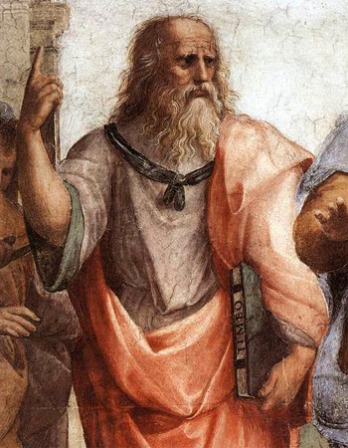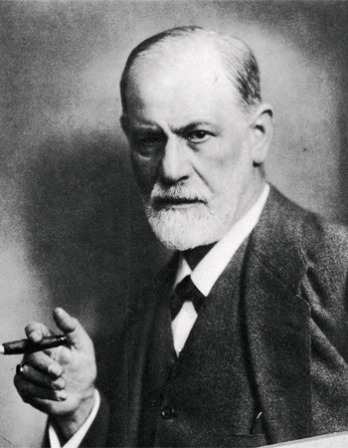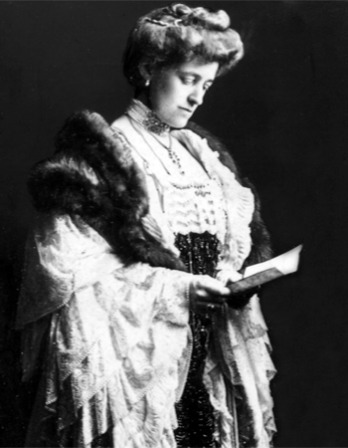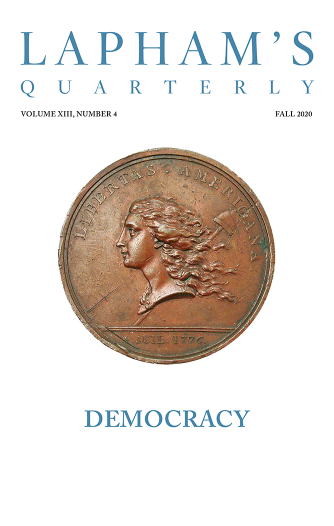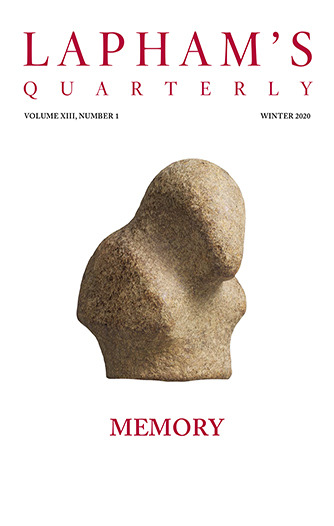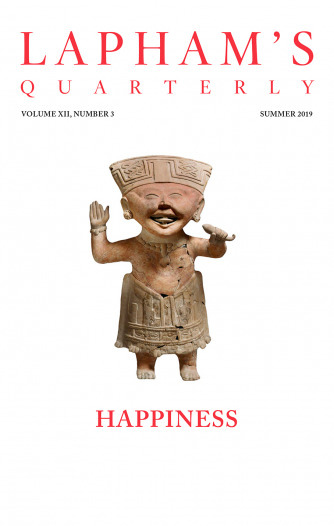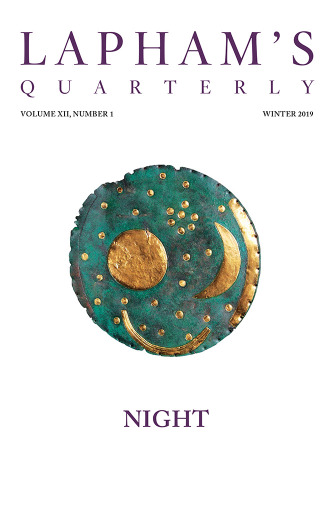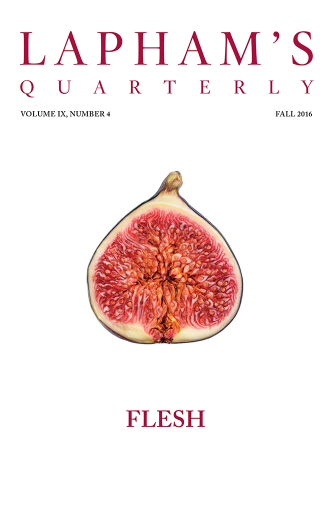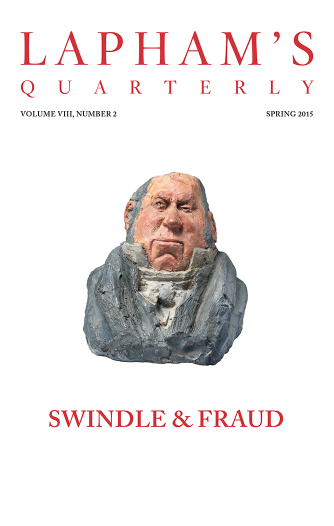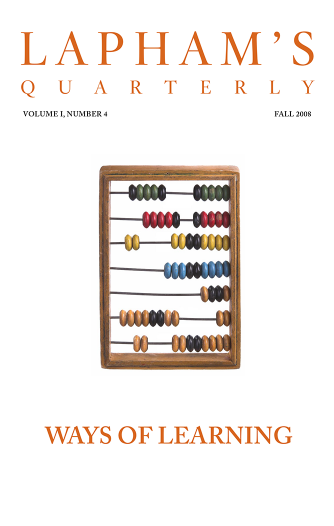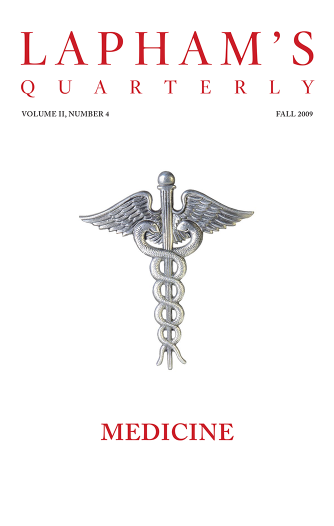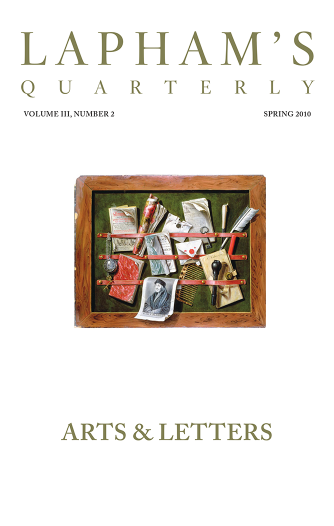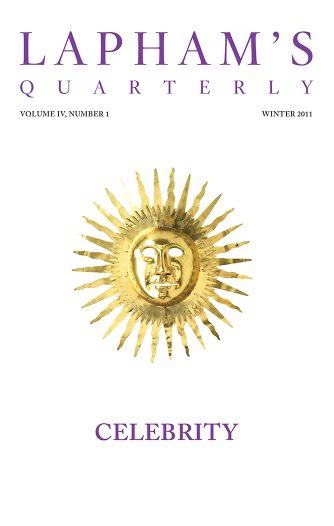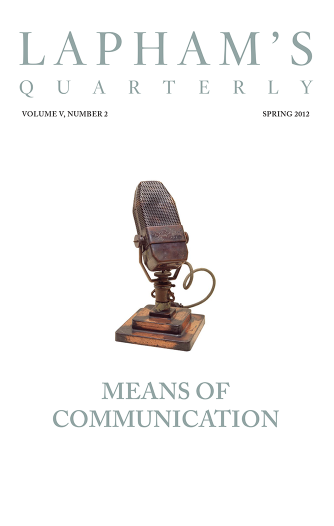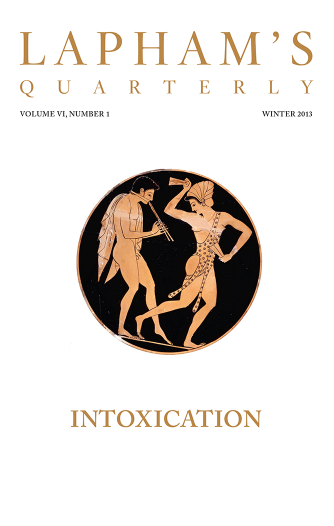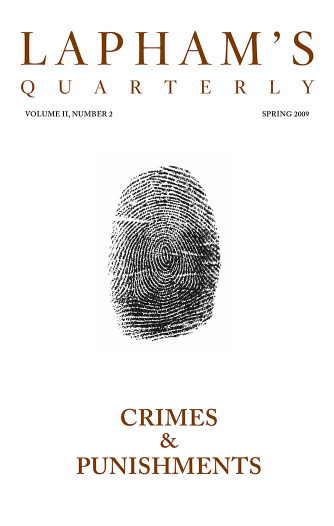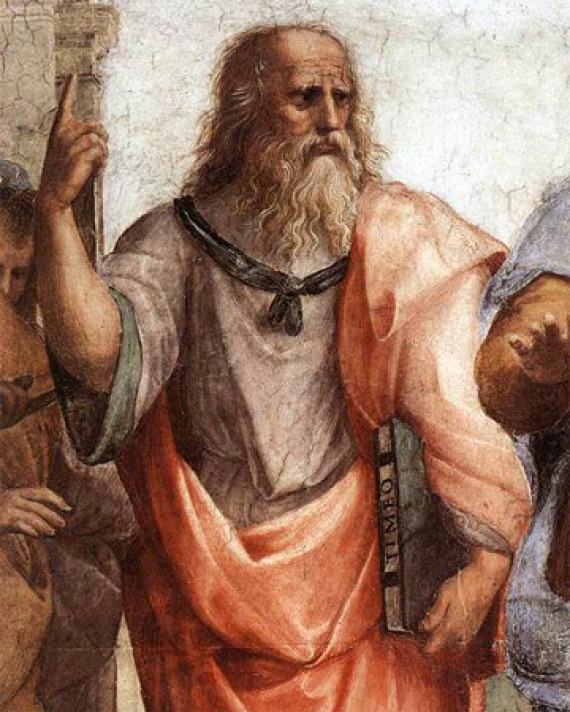
Plato
(c. 427 BC - c. 347 BC)
Born into a distinguished family—his father’s lineage claimed Poseidon as an ancestor, his mother’s the lawgiver Solon—Plato, a student of Socrates, founded the Academy in Athens, regarded as the first institution of higher learning in the Western world. Aristotle, his best student, described Plato as a man “whom it is blasphemy in the base even to praise,” while the mathematician and philosopher Alfred North Whitehead reportedly summed up the Greek thinker’s accomplishments with the remark, “All of Western philosophy is but a footnote to Plato.” Among his best-known works are the dialogues the Apology, the Republic, the Symposium, and Phaedo.
